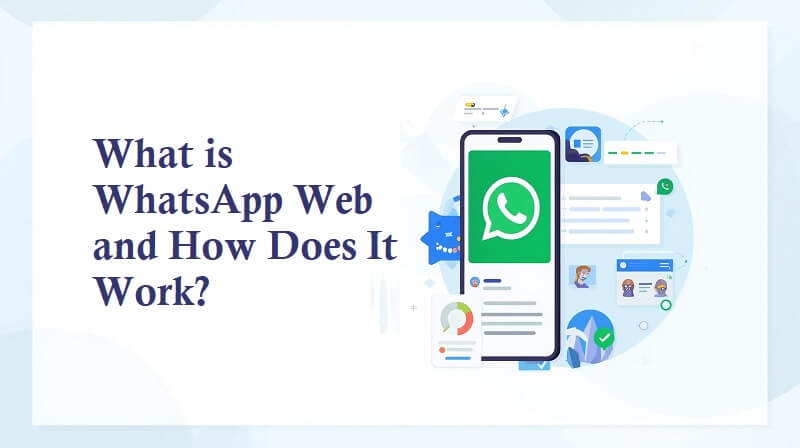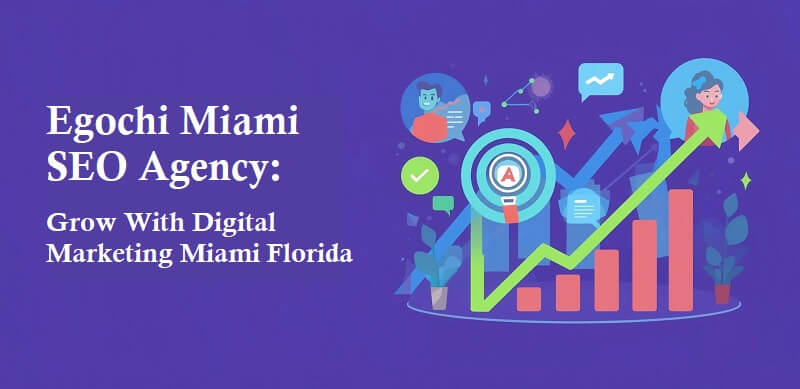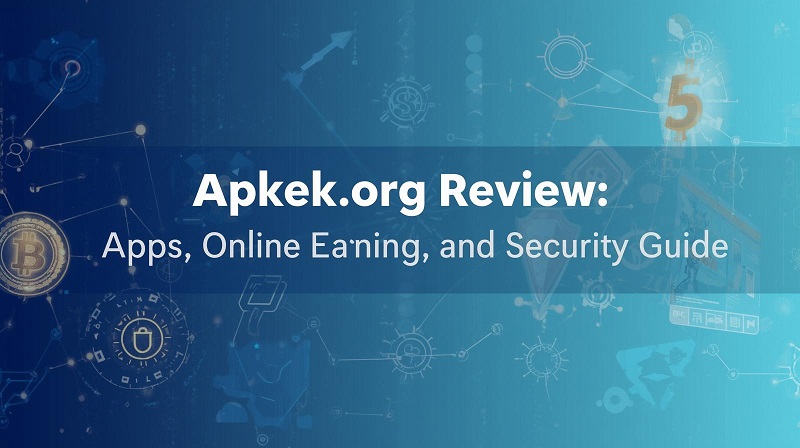Summary: When you have a tight budget and little to no expertise, open-source learning Management Systems (LMS) can be an ideal choice. But how do we know if it’s right for our organization? In this guide, I highlight five questions to determine if your IT team is up to the task.
5 Questions To Ask Before Investing In An Open-Source Software
Feeling the financial pressure to keep up with your competitors? You may be considering open-source learning management software.
Founded in 2009, this platform is free for small businesses and nonprofits but still offers valuable features that can help you set prices accordingly without breaking the bank (or losing sleep).
Open-source software has a lot of advantages over canned software, but if you don’t have the right people for it then those benefits won’t matter.
For example, open-source learning management systems (LMS) need far deeper coding than what’s found in most canned programs—how can an organization know their IT department is up to doing this?
The first step would be asking good questions before installing any such system onto your company’s computers and devices!
1. Which LMS Platforms Have They Used In The Past?
Yes, open-source software has a lot of advantages. But it doesn’t do anything for you if your IT people can’t get the job done; after all, there is some hard-coding involved in developing an LMS which means they need much more experience than canned ones will ever provide them with!
So before deciding on installing that particular Learning Management System (LMS), ask yourself: What kind of programming skills does my staff possess?
And how ready is our industry’s workforce at becoming employing computer science majors as opposed to other fields like medical or legal tech?
2. What Are Their Skills and Tech Expertise?
Whether you know it or not, lots of your potential employees have used an open-source learning management system before.
If they say no to this question then we can work together on finding someone who has experience with our LMS and will be familiar enough that they won’t need much training time when working in the field me!
This is an important consideration when hiring new employees because they will work best with your chosen LMS.
Even if someone has worked on another platform in the past, it’s possible that their skill set may not be suited to designing fully-fledged mobile apps from templates alone – so make sure you test this out before making any final decisions!
3. Do They Have Time To Field Employee Questions?
Which coding position is right for you? Your learning management system needs a dedicated coder, but how much time can one person spend on it without any distractions or interruptions from their current job responsibilities.
If they were thinking about leaving anyway due to lack of resources, then this might not be an issue since IT would likely take over most aspects once employed There’s also the option that someone outside HR could code parts depending upon what skill set he/she brings with them; after all, we live in a fast-paced world so who knows when something like Not only must the new system be set up but employees will also have to help their colleagues learn how to use it.
Should they not only attend to LMS questions from work but accommodate extra responsibilities too? If so then maybe that person’s salary and job title needs increase in order to cover all of this additional workload- does he/she agree with an increase or shall we find someone who would take on these added duties without neglecting any other tasks assigned by upper management before offering them promotion into your position if possible?
Keep in mind when hiring individuals (or teams) to assist with setting up our organization’s technology infrastructure; one cannot simply throw.
4. Can They Deal With Ongoing LMS Maintenance?
Canned software requires little to no maintenance, other than backing up the files. When you’re using open-source there are no upgrade notifications or automated security fixes; most of the time there isn’t even a central governing body for this type of program – it works on forums populated by super users who can be very helpful but also completely chaotic (their own users have different ideas about what needs fixing).
Your IT people would need membership in some user groups with differing opinions so they’ll know how best to handle certain situations!
Private firms are being asked to take on a larger role in cyber security, with many of them hiring staff members that specialize specifically in this area.
They’ll have endless list tasks and responsibilities including constantly monitoring cyberspace for vulnerabilities as well implementing solutions daily/weekly back-ups plus routine validation during emergencies when necessary does your I team possess the needed skills?
5. Are They Capable Of Creating Courses From Scratch?
The LMS is a complicated system. It has to be in order for it to work properly, and you need some programming skills if want to make sense of your course’s content or even know how much time someone spent on certain tasks within the program itself!
Your IT staff needs to be able to communicate with subject matter experts and graphic designers. Your LMS should have a visually appealing front-facing fascia so it can function as both an attractive interface for nontechnical personnel, but also provide technical support when needed by those who specialize in this area of expertise or know-how because they’re part of a bigger team that does not necessarily include any members with extensive knowledge about information technology itself.
The tone needs more professionalism without becoming too formal.
Required Skills For Open-Source Software Support
It’s a good idea to buy an open-source learning management system (LMS) because the software can be cheaper than other options.
But unless your IT people are equipped for it, this could end up costing you more money in consulting fees or new staff on the payroll–plus there is always some risk that they won’t work as well either one time or another down the line when your organization grows so much its needs change again!
This means thoroughly researching which platform would best suit what type of institution before committing any funds: ask about their experiences using different types/brands; translate those lists into something specifically tailored towards smaller colleges It is important to talk with line managers about task lists and scheduling in order for them not feel overwhelmed.
You want your employees on board so that the company can grow, but you also need someone who has time available! Confirm their abilities regarding basic maintenance as well; if they are able enough then great otherwise find somebody else maybe?
Your team’s talents and budget are stretching your L&D department to their limits. Use our free online directory of open-source software that aligns perfectly with what you need, or read reviews from industry professionals on sites like Programmers Notebook!
I hope you liked this article on five questions to determine if your IT team is up to the task. Thanks for reading.









